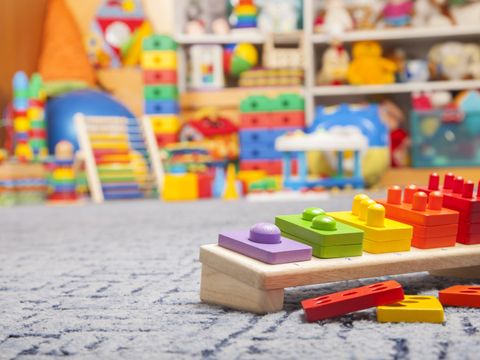In principle, compulsory attendance applies.
Pupils, teachers and other members of the pedagogical staff and other persons working at the school can voluntarily test themselves at school on two days a week. A further test will be handed out on request.
Parents should inform the school in writing by 10 February 2023 – valid for the period up to 28 April 2023 – whether their daughter/son will take part in the voluntary tests. Until written consent is provided, the pupils concerned will not take part in the voluntary tests.
No 3G rule applies to persons outside the school (e.g. parents).
Furthermore, there is also no nationwide masking requirement at schools. However, it is of course still possible to wear a mask voluntarily.
(2 February 2023)





